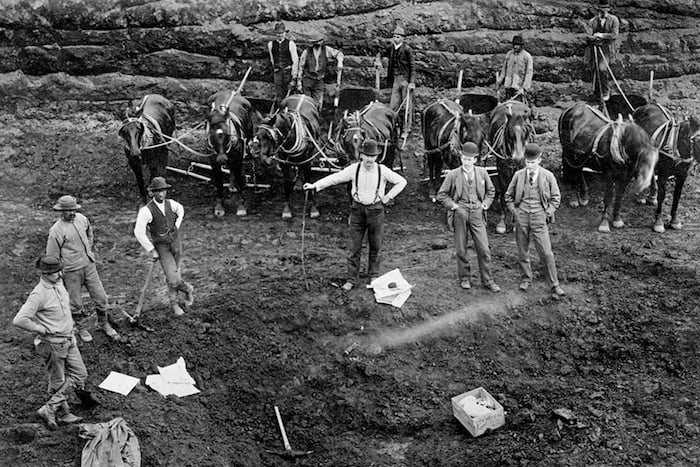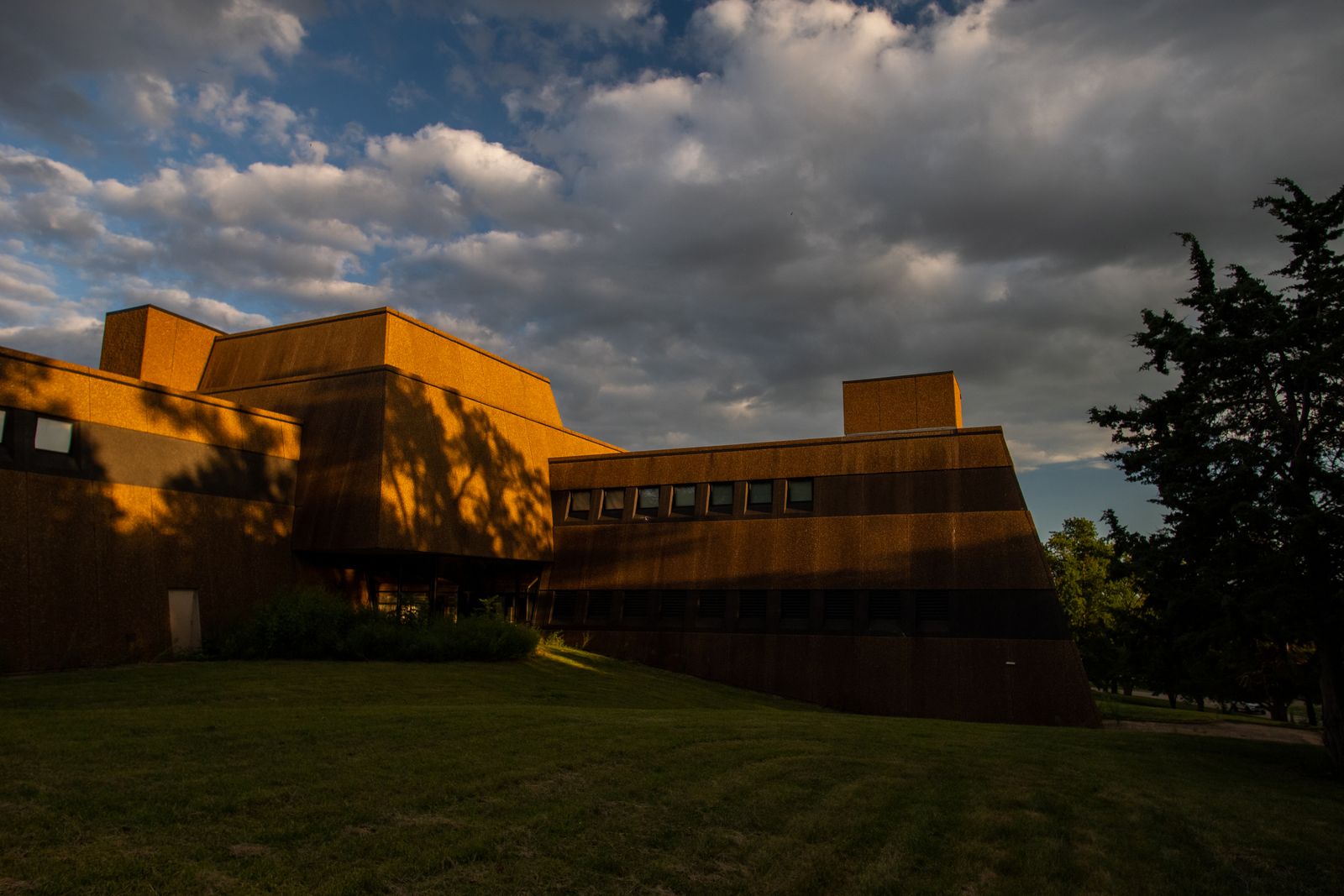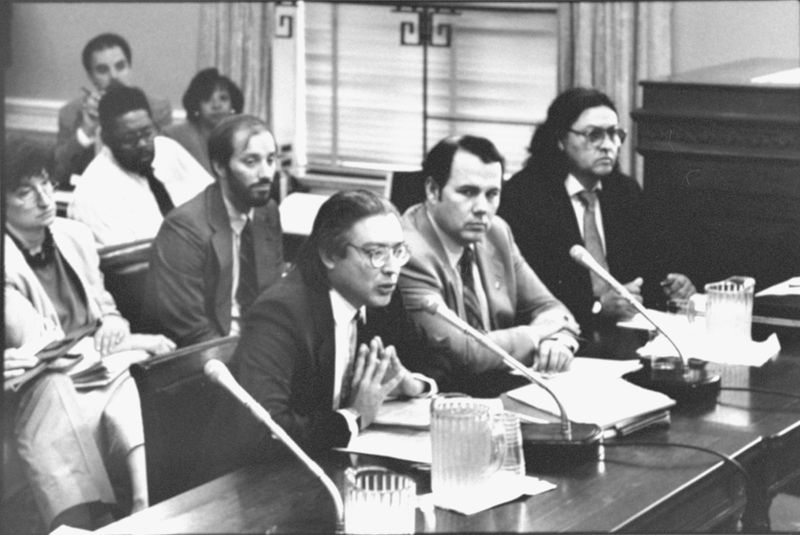Massachusetts
Institutions reported making 94% of the more than 900 Native American remains taken from Massachusetts available for return to tribes under NAGPRA.
There are 20 institutions located in Massachusetts that reported Native American remains taken from across the country.
| Institution | Remains Not Made Available for Return | Remains Made Available for Return | % of Remains Made Available for Return |
|---|---|---|---|
| Harvard University | 5,431 | 5,248 | 49% |
| Robert S. Peabody Institute of Archaeology, Phillips Academy | 67 | 2,222 | 97% |
| Springfield Science Museum | 31 | 107 | 78% |
| Peabody Essex Museum | 11 | 59 | 84% |
| Cape Cod Museum of Natural History | 4 | 0 | 0% |
| Worcester Historical Museum | 2 | 0 | 0% |
| Amherst College, Beneski Museum of Natural History | 0 | 10 | 100% |
| Berkshire Museum | 0 | 4 | 100% |
| Boston Children's Museum | 0 | 2 | 100% |
| Boston University | 0 | 3 | 100% |
| Ecotarium | 0 | 1 | 100% |
| Fruitlands Museums | 0 | 5 | 100% |
| Mount Holyoke College Art Museum | 0 | 1 | 100% |
| Museum of Science Boston | 0 | 1 | 100% |
| Pilgrim Hall Museum | 0 | 2 | 100% |
| Plimoth Patuxet Museum | 0 | 3 | 100% |
| Robbins Museum of Archaeology | 0 | 3 | 100% |
| U.S. Department of the Interior | 0 | 2 | 100% |
| University of Massachusetts, Amherst, Department of Anthropology | 0 | 186 | 100% |
| Wistariahurst Museum | 0 | 1 | 100% |
There are 24 institutions that reported Native American remains taken from Massachusetts.
| Institution | Remains Not Made Available for Return | Remains Made Available for Return | % of Remains Made Available for Return |
|---|---|---|---|
| Springfield Science Museum | 25 | 84 | 77% |
| American Museum of Natural History | 8 | 1 | 11% |
| Yale University, Peabody Museum of Natural History | 7 | 0 | 0% |
| University of Pennsylvania Museum of Archaeology and Anthropology | 5 | 0 | 0% |
| Brown University, Haffenreffer Museum of Anthropology | 3 | 0 | 0% |
| University of Rhode Island | 3 | 3 | 50% |
| Cape Cod Museum of Natural History | 2 | 0 | 0% |
| Harvard University | 2 | 595 | 100% |
| Peabody Essex Museum | 2 | 45 | 96% |
| New York State Museum | 1 | 0 | 0% |
| Worcester Historical Museum | 1 | 0 | 0% |
| Amherst College, Beneski Museum of Natural History | 0 | 6 | 100% |
| Berkshire Museum | 0 | 2 | 100% |
| Boston University | 0 | 1 | 100% |
| Ecotarium | 0 | 1 | 100% |
| Mount Holyoke College Art Museum | 0 | 1 | 100% |
| Harvard Univ. + Plimoth Patuxet Museum | 0 | 2 | 100% |
| Pilgrim Hall Museum | 0 | 2 | 100% |
| Plimoth Patuxet Museum | 0 | 1 | 100% |
| Robbins Museum of Archaeology | 0 | 2 | 100% |
| Robert S. Peabody Institute of Archaeology, Phillips Academy | 0 | 37 | 100% |
| U.S. Department of the Interior | 0 | 4 | 100% |
| University of Massachusetts, Amherst, Department of Anthropology | 0 | 101 | 100% |
| Wistariahurst Museum | 0 | 1 | 100% |
Institutions made Native American remains taken from Massachusetts available for return to 17 tribes.
| Tribe | Remains Made Available for Return to Tribe |
|---|---|
| Wampanoag Tribe of Gay Head (Aquinnah) | 855 |
| Mashpee Wampanoag Tribe | 664 |
| Assonet Band of the Wampanoag Nation | 273 |
| Stockbridge Munsee Community, Wisconsin | 212 |
| Narragansett Indian Tribe | 187 |
| Nipmuc Nation | 102 |
| Abenaki Nation of Missisquoi | 95 |
| Abenaki Nation of New Hampshire | 95 |
| Chaubunagungamaug Nipmuck | 95 |
| Cowasuck Band of the Pennacook-Abenaki People | 95 |
| Elnu Tribe of the Abenaki of VT | 95 |
| Koasek (Cowasuck) Traditional Band of the Koas Abenaki Nation of VT | 95 |
| Koasek Traditional Band of the Sovereign Abenaki Nation of VT | 95 |
| Nulhegan Band of the Coosuk-Abenaki Nation of VT | 95 |
| St. Francis/Sokoki Band of VT | 95 |
| Wampanoag Repatriation Confederation | 19 |
| Hassanamisco Band | 1 |
Institutions reported Native American remains taken from 13 counties in Massachusetts.
| County | Remains Taken From County Not Made Available for Return | Remains Made Available for Return | % of Remains Made Available for Return |
|---|---|---|---|
| Worcester County | 26 | 10 | 28% |
| Franklin County | 12 | 47 | 80% |
| Essex County | 6 | 200 | 97% |
| Middlesex County | 5 | 40 | 89% |
| Nantucket County | 4 | 9 | 69% |
| Barnstable County | 2 | 93 | 98% |
| Dukes County | 1 | 28 | 97% |
| Hampden County | 1 | 118 | 99% |
| Bristol County | 0 | 82 | 100% |
| Hampshire County | 0 | 37 | 100% |
| Norfolk County | 0 | 31 | 100% |
| Plymouth County | 0 | 102 | 100% |
| Suffolk County | 0 | 80 | 100% |
Know how an institution is handling repatriation? Have a personal story to share? We'd like to hear from you.
Watch an informational webinar with our reporters.
This tool presents a dataset maintained by the National Park Service containing all the Native American human remains and associated funerary objects that institutions have reported to the federal government under the Native American Graves Protection and Repatriation Act. The dataset includes information about the state and county where remains and objects were taken from, which institutions hold them and whether they have been made available for return to tribes.
The data is self-reported by institutions. The amount of unrepatriated Native American remains reported by institutions is a minimum estimate of individuals and institutions frequently adjust these numbers when they reinventory groups of remains. Some institutions that are subject to NAGPRA have also entirely failed to report the remains in their possession. As a result, the numbers provided are best taken as estimates. The actual number and geographic scope of what’s held by publicly funded institutions is larger than what is presently documented.
ProPublica supplemented this dataset with information about cultural affiliation and disposition to specific tribes by systematically parsing the text of Notices of Inventory Completion published in the Federal Register. An additional dataset from the Department of Housing and Urban Development, the Tribal Directory Assessment Tool, was used for the section on remains not made available for return from counties that each tribe has indicated interest in to the federal government.
Institution location and tribal headquarters location information was provided by National NAGPRA. The location of some groups that are not federally recognized was provided through research by ProPublica.
Institutions that are part of a larger entity are grouped. (For example, the Mesa Verde National Park is part of the U.S. Department of the Interior.)
Institutions that have not submitted information to the federal government are not listed. The Smithsonian Institution is not listed because its repatriation process falls under the National Museum of the American Indian Act and it is not required to publicly report its holdings with the same detail as institutions subject to NAGPRA.
If you work for an institution and would like to provide comment on your institution’s repatriation efforts, please email [email protected]. If you think the data is incorrect or have a data request, please get in touch. We are aware of some issues with the accuracy of location information and tribes mistakenly being identified for disposition of Native American remains in published notices.
If you want to share something else with ProPublica, we’d like to hear from you.
If you have questions about implementing or complying with the Native American Graves Protection and Repatriation Act, get in touch with National NAGPRA or the NAGPRA Community of Practice.
We use the word “tribes” to refer to all groups that institutions made Native American remains available to under NAGPRA. This includes tribes, nations, bands, pueblos, communities, Native Alaskan villages, Native Hawaiian organizations and non-federally recognized groups.
Data sources from Department of the Interior, National Park Service, National NAGPRA Program, the Federal Register, Department of Housing and Development, Tribal Directory Assessment Tool


